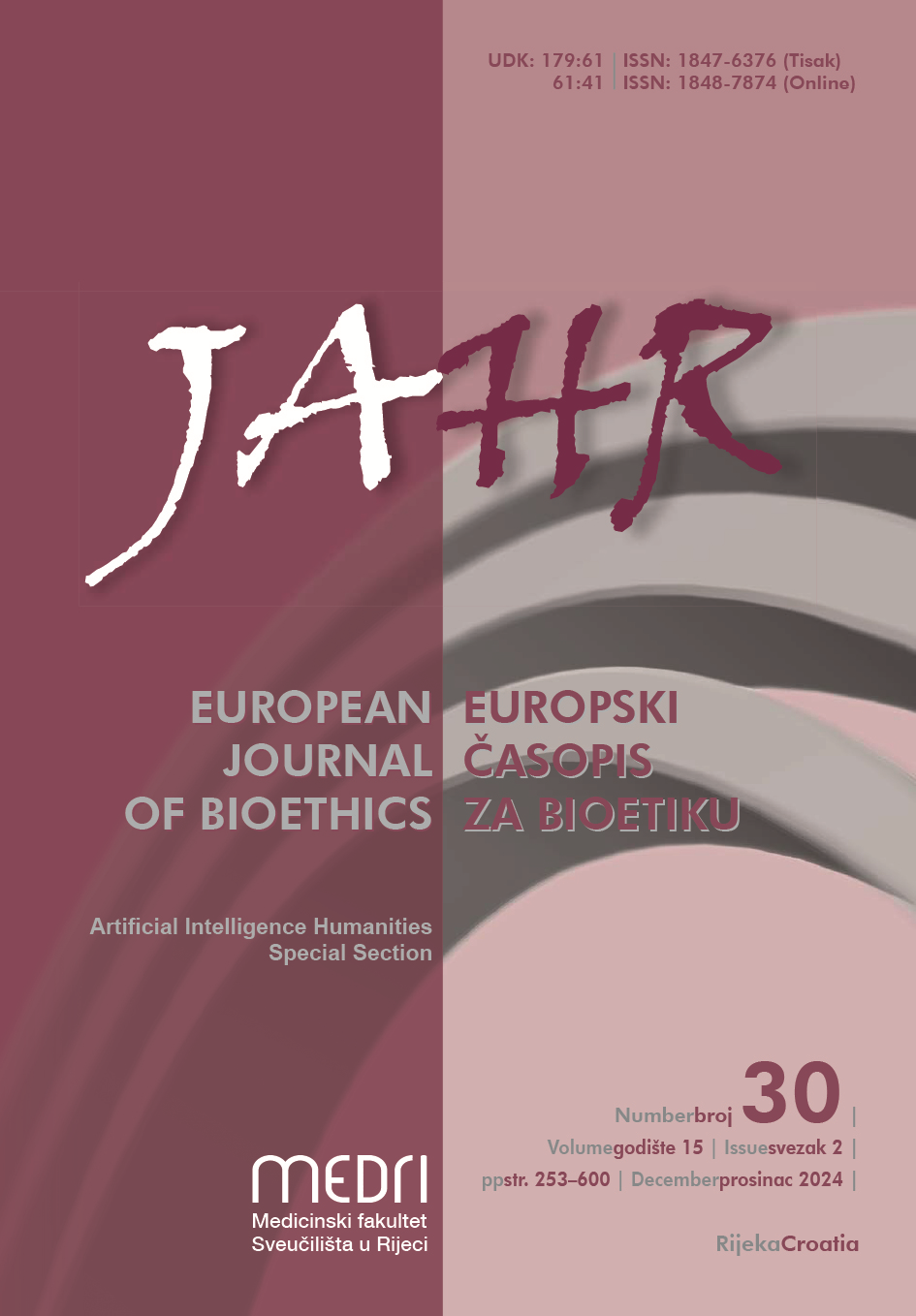Political AI and the General Will of Rousseau
Keywords:
General Will, generative AI, political AI, legislation, public policyAbstract
https://doi.org/10.21860/j.15.2.13
In this paper, I aim to compare Rousseau’s concept of the General Will with generative AI based on artificial neural network deep learning algorithms from the perspective of a rule-based ethical framework. To this end, I focus on Rousseau’s issue of the “formation, concentration, and fulfillment of the General Will” to explore the implications of AI use for democracy, particularly in the contexts of democratic decision-making and public policy formulation. As an alternative for realizing the General Will in lawmaking and public policy development, AI can be considered for gathering public opinion and facilitating decision-making processes. AI-driven opinion-gathering and decision-making can overcome the practical challenges of forming the General Will in democratic systems, including conflicts between majority and minority groups. Furthermore, unlike humans influenced by partisan loyalty or political interests, AI can identify the best policies for everyone in an unbiased manner, fostering broad agreement. Additionally, I critically examine potential issues arising from the politicization of AI, despite its advantages in addressing the weaknesses of democratic systems.
Downloads
Published
Issue
Section
License
Authors who publish with this journal agree to the following terms:
- Authors retain copyright and grant the journal right of first publication with the work simultaneously licensed under a Creative Commons Attribution License that allows others to share the work with an acknowledgement of the work's authorship and initial publication in this journal.
- Authors are able to enter into separate, additional contractual arrangements for the non-exclusive distribution of the journal's published version of the work (e.g., post it to an institutional repository or publish it in a book), with an acknowledgement of its initial publication in this journal.
- Authors are permitted and encouraged to post their work online (e.g., in institutional repositories or on their website) prior to and during the submission process, as it can lead to productive exchanges, as well as earlier and greater citation of published work (See The Effect of Open Access).



